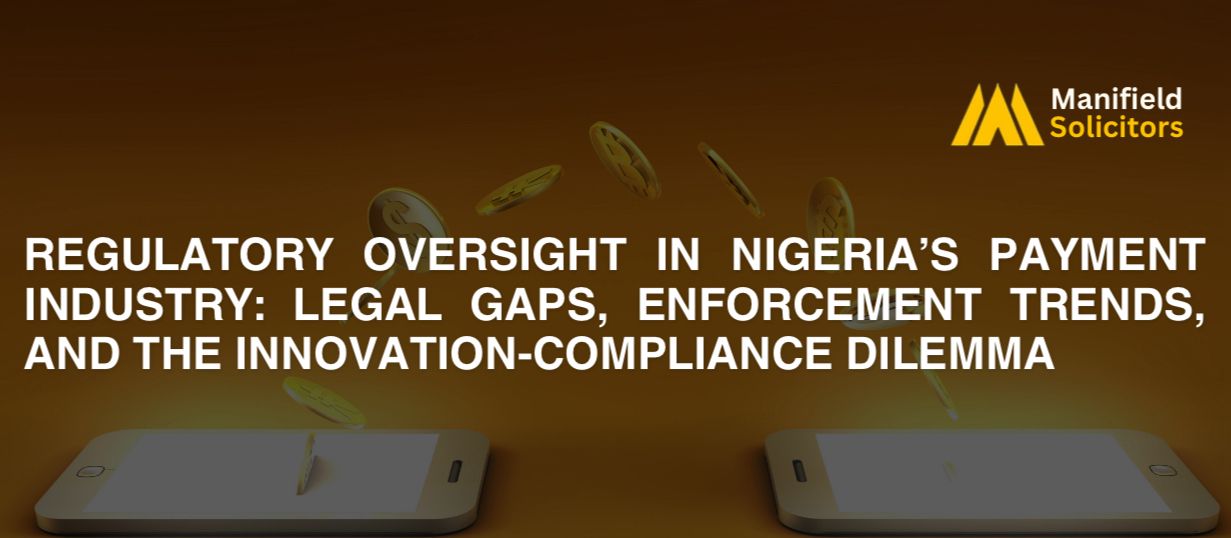Nigeria’s payment system has experienced a significant shift from traditional cash-based exchanges to advanced digital platforms, mirroring global trends in financial technology adoption.[1] This progress is supported by the Central Bank of Nigeria’s regulatory framework, established under the Banks and Other Financial Institutions Act (BOFIA) 2020.[2] The Nigerian payment system, described as “an established infrastructure comprising institutions, rules, procedures, standards, and computer networks that facilitate the transfer of value between parties discharging mutual
obligations, ” has become a vital part of Nigeria’s financial ecosystem, promoting financial inclusion while also creating new regulatory challenges.[3]
The regulatory landscape governing Nigeria’s payment industry involves multiple agencies with overlapping jurisdictions, creating a complex compliance environment for market participants.[4] This multi-regulatory approach, while comprehensive, has generated challenges in coordination, clarity, and efficiency that warrant critical examination. The emergence of innovative payment solutions continues to test existing regulatory frameworks, as evidenced by high-profile enforcement actions against major fintech operators.[5]
This article critically examines the regulatory framework governing Nigeria’s rapidly evolving payment industry, with a focus on the intersection between technological innovation and compliance obligations. It explores the legal architecture instituted by the Central Bank of Nigeria (CBN), alongside other relevant regulators such as the Securities and Exchange Commission (SEC), National Data Protection Commission (NDPC), Nigeria Deposit Insurance Corporation (NDIC), and Nigerian Communications Commission (NCC).







Add your first comment to this post